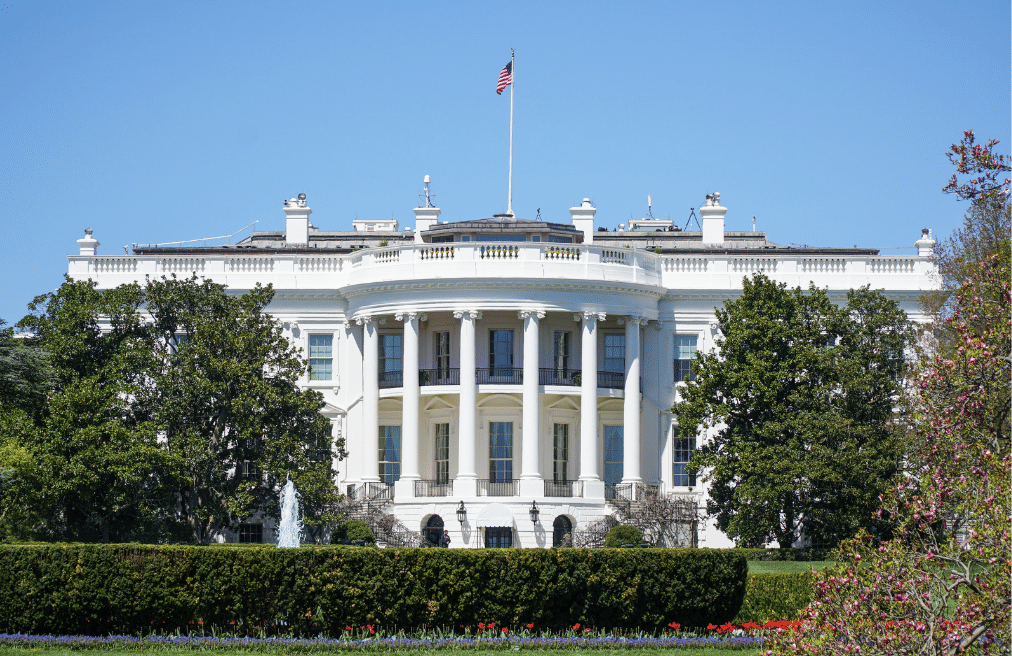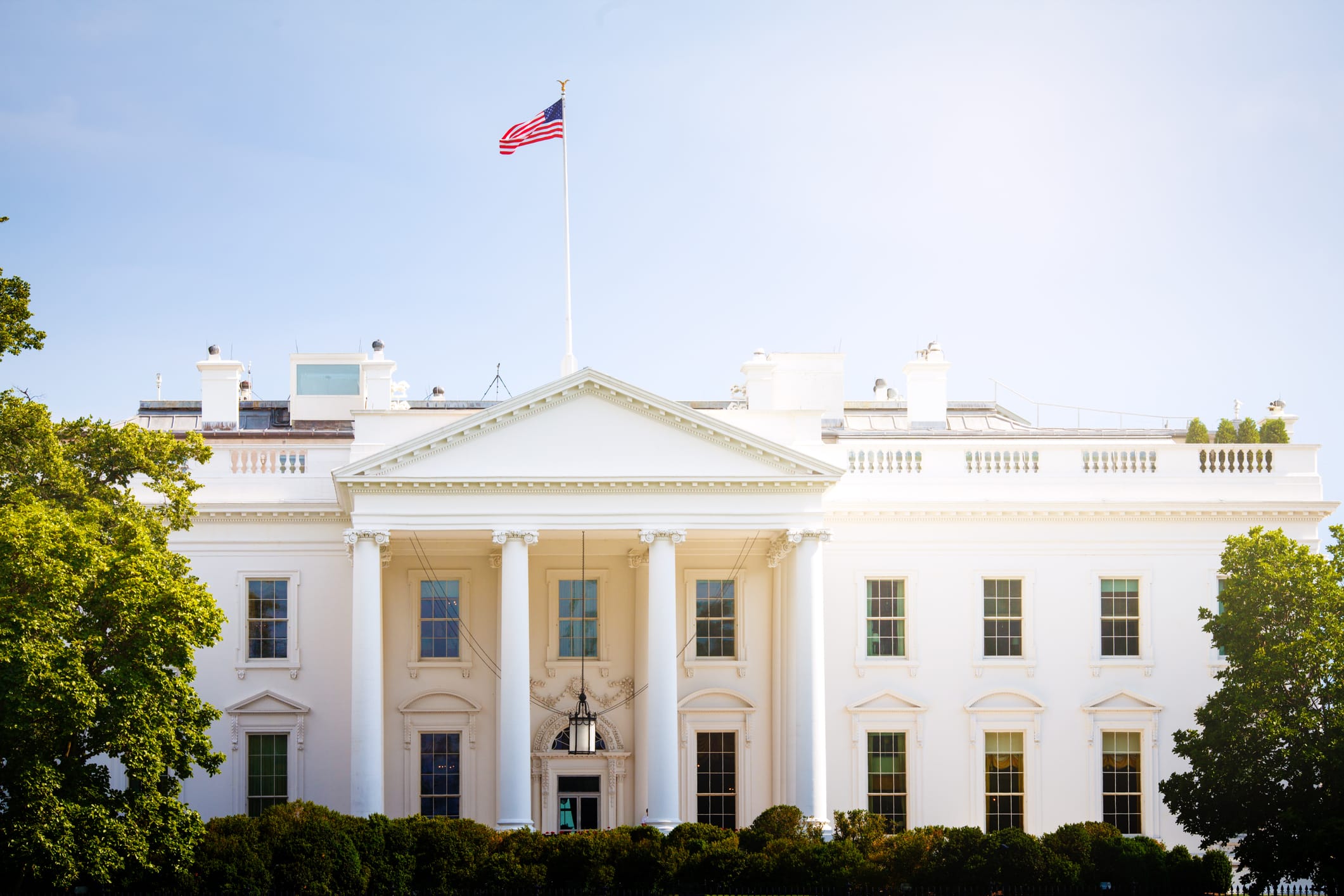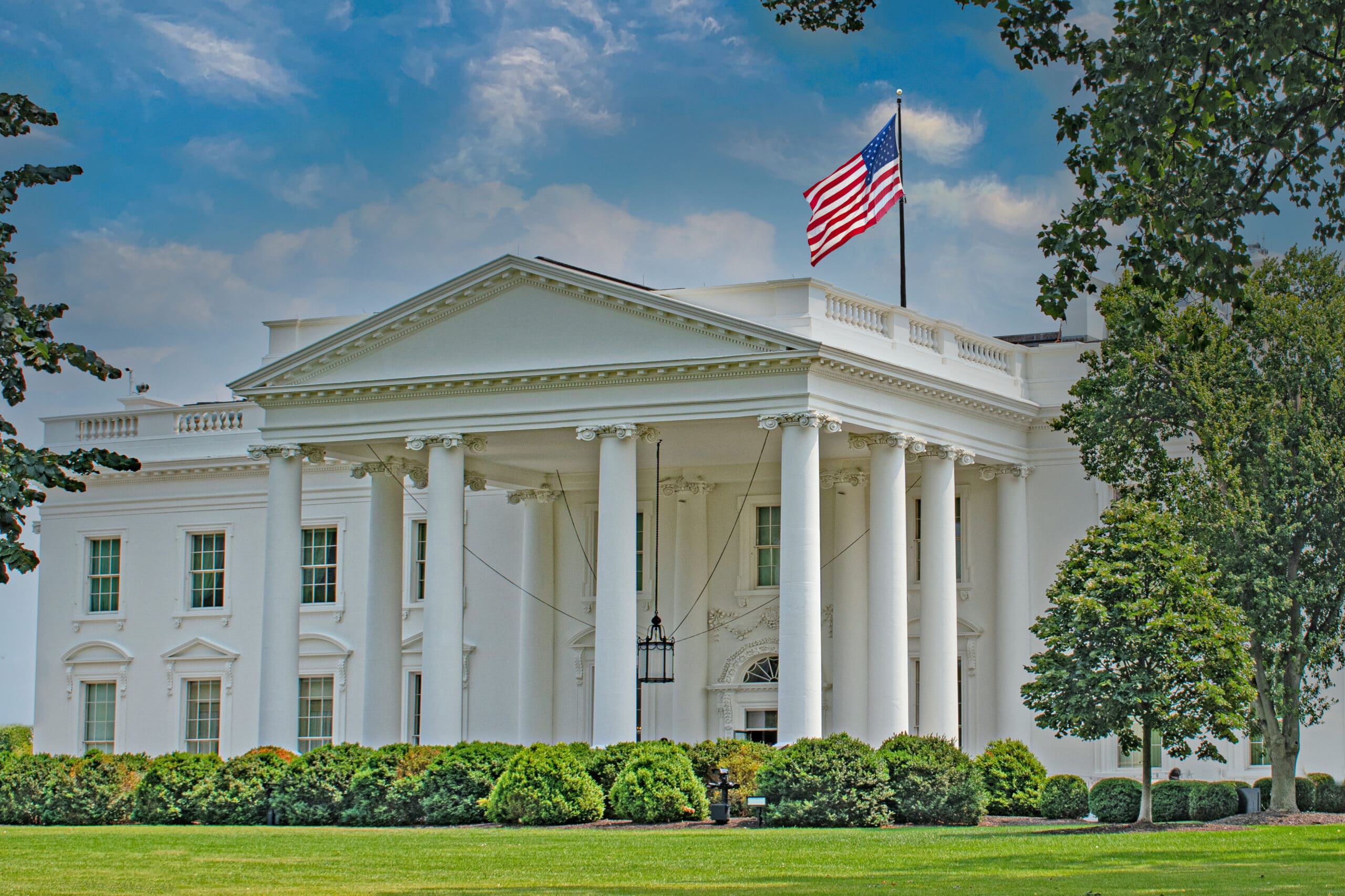Majority See Biden’s Age as Negative
Plurality of U.S. voters side with both UAW and WGA on union strike
The September Emerson College Polling national survey of U.S. voters finds former President Donald Trump with a 47-point lead over his closest competitor in the Republican Presidential Primary, his largest lead since tracking this race in June 2022. Trump’s support increased 9 points since last month’s national poll to 59% while support for Governor Ron DeSantis stayed the same at 12%, and Vivek Ramaswamy fell two points to 7%. Chris Christie and Mike Pence follow with 5% respectively, Nikki Haley with 3%, and Tim Scott with 2%. Five percent are undecided.
“The Trump voter remains resilient, and despite a dip in August’s post-debate poll, Trump has now expanded his lead and has improved his position from before the first debate,” Spencer Kimball, Executive Director of Emerson College Polling, said.
Overall, 63% of Republican Primary voters say they will definitely support their chosen candidate, while 36% say there is a chance they could change their mind and vote for someone else.
“Seventy-five percent of Trump voters say they will definitely support him in the Republican primary, up four points since the August survey, while 42% say the same of Ron DeSantis — a significant hardening among supporters of DeSantis since August, when 25% said the same,” Matt Taglia, new Senior Director at Emerson College Polling, said.
President Joe Biden holds a 41% approval rating among voters, while 47% disapprove of the job he is doing in the Oval Office. This is slightly down from August when his approval sat at 43% and disapproval was 47%. Sixty-two percent of Democratic Primary voters plan to support the president for re-election as the Democratic nominee, while 14% support Robert Kennedy Jr., and 4% support Marianne Williamson. Twenty-one percent are undecided.
In a general election rematch between Trump and Biden, 45% support the former president and the current president respectively. Ten percent are undecided. When Green Party candidate Cornel West is added to the ballot, Trump holds 43% of voter support, Biden 42%, while 4% support West and 11% are undecided.
A majority of voters (55%) think President Biden’s age might make it too difficult for him to do the work the presidency requires, while 29% think his age provides him the experience and wisdom to do a good job as president. Sixteen percent think his age does not matter.
“Republican and independent voters think Biden’s age makes the job of president too difficult, at 79% and 54% respectively, while only a third of Democrats say the same,” Kimball said. “Of those who think Biden’s age makes the job too difficult, 67% plan to vote for Trump in a general election, while 21% would vote for Biden and 12% are unsure.”
A plurality of voters support the United Auto Workers union (42%) strike against large automobile manufacturing companies, while 18% support the companies, 24% support both equally, and 16% support neither. Similarly, 42% side with the Writers Guild of America (WGA) labor union in its strike against the Alliance of Motion Picture and Television Producers, while 16% support the company, 20% support both equally, and 22% support neither.
“A majority of Democrats, 59%, support the United Auto Workers strike, while Republicans are more split, with 28% supporting the strike and 29% supporting the car manufacturing companies,” Kimball noted. “Independents lean closer to the Democrats at 38% in support of the union and 15% in support of the company. Similarly, a majority of Democrats (58%) support the WGA strike, compared to just 25% of Republicans.”
Regionally, support for the UAW union is highest in the Northeast (48%), West (44%), and Midwest (44%), and lowest in the South. Support for the companies is highest in the South and Midwest at 21% respectively, compared to 16% in the Northeast and 13% in the West.
Taglia notes, “While the highest incidence of support for the UAW occurs in the Northeast (48%), support in the Midwest – the traditional home of the US auto industry – only reaches 43%, with 21% of Midwestern voters supporting the automakers.”
The economy remains the most important issue for a plurality of voters, with 40% citing it as their top issue. Thirteen percent of voters chose ‘threats to democracy’ as the top issue facing the U.S., followed by healthcare (12%), immigration (10%), crime (6%), education (5%), and abortion access (4%).
METHODOLOGY
The Emerson College Polling national survey was conducted September 17-18, 2023. The sample of registered voters, n=1,125, has a credibility interval, similar to a poll’s margin of error (MOE), of +/- 2.8 percentage points. The data sets were weighted by gender, education, race, age, party affiliation, and region based on 2024 registration modeling. Turnout modeling is based on US Census parameters, and US voter registration data.
It is important to remember that subsets based on demographics, such as gender, age, education, and race/ethnicity, carry with them higher credibility intervals, as the sample size is reduced. Survey results should be understood within the poll’s range of scores, and understand with a confidence interval of 95% a poll will fall outside the range of scores 1 in 20 times.
Data was collected by contacting an Interactive Voice Response (IVR) system of landlines and an online panel of voters.
All questions asked in this survey with exact wording, along with full results, demographics, and cross tabulations can be found under “Full Results.” This survey was funded by Emerson College.
###







